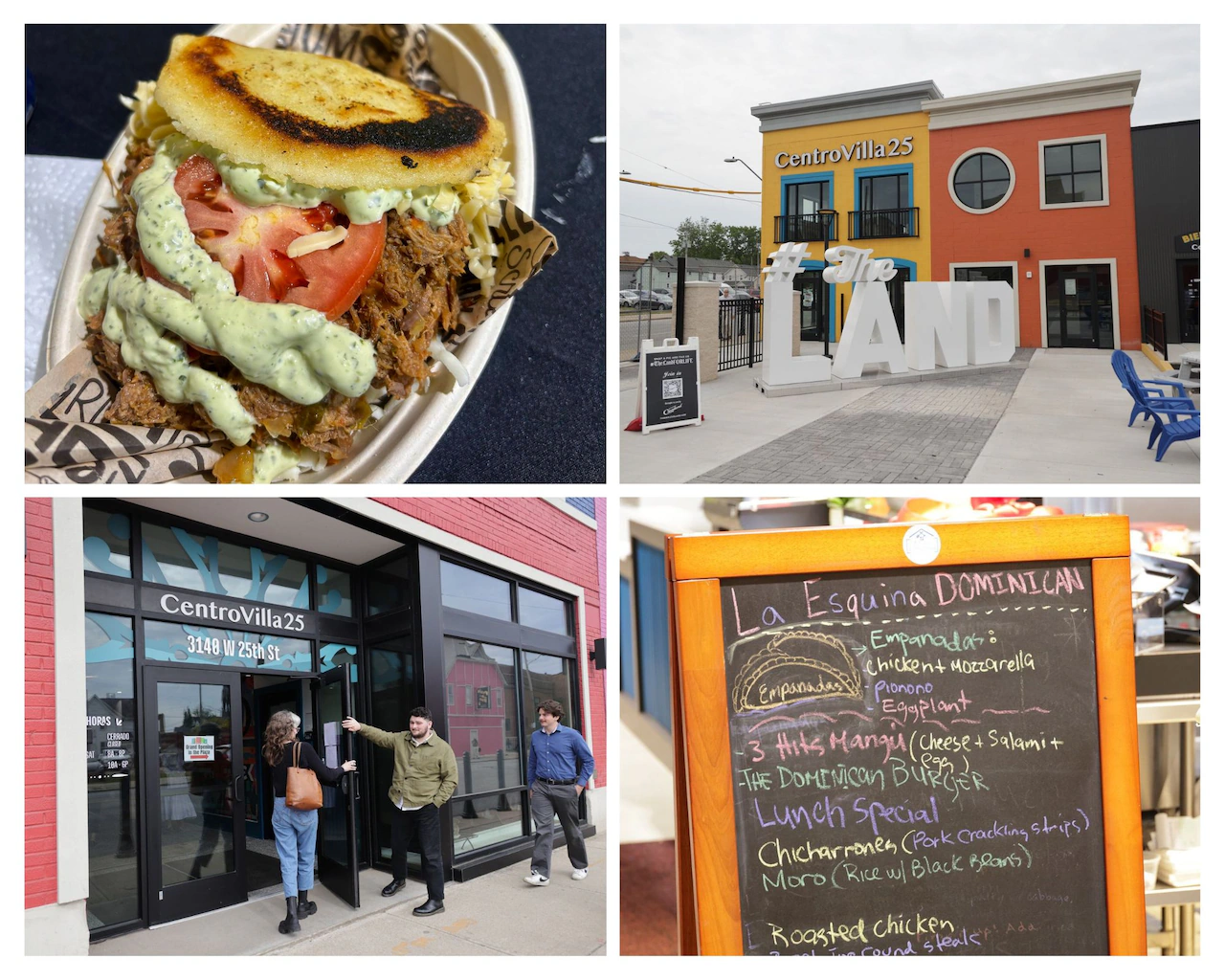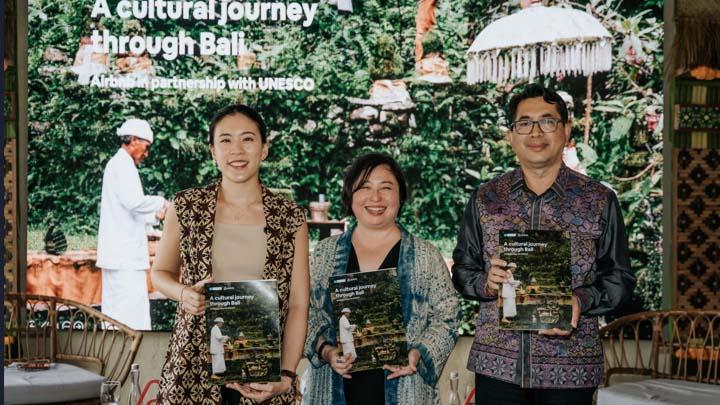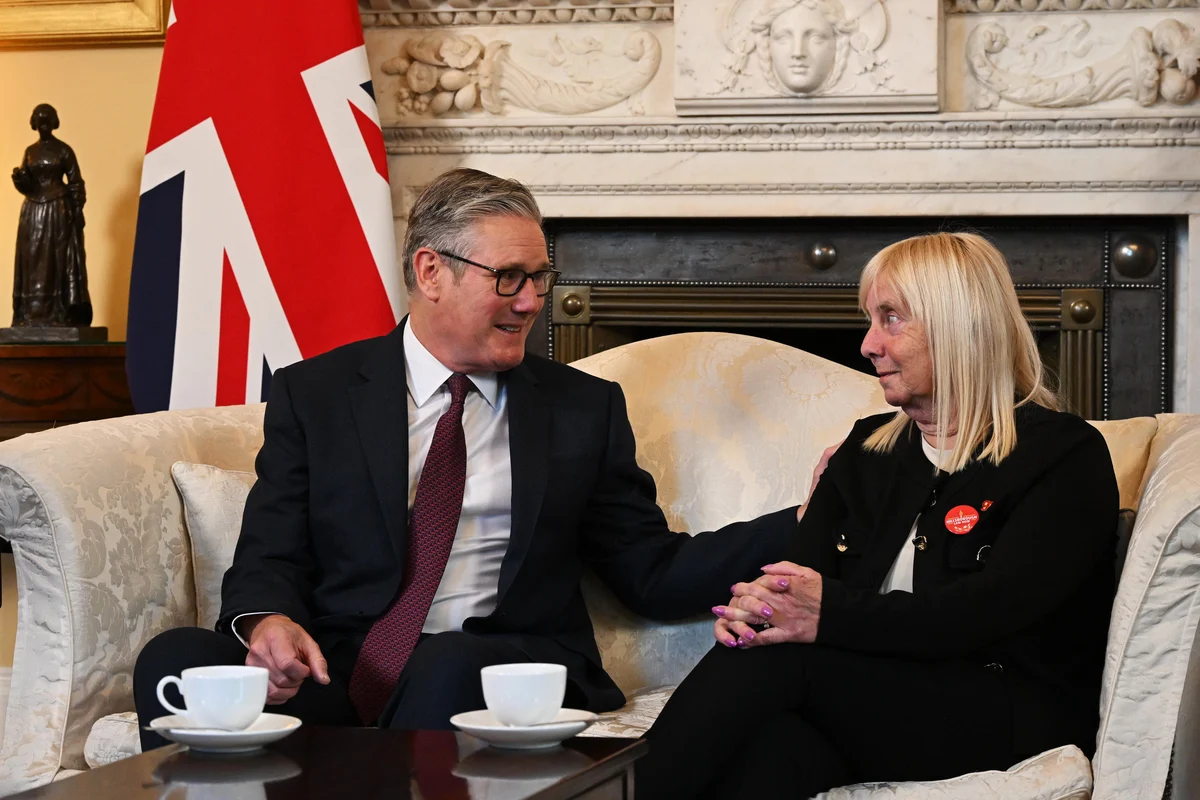
CLEVELAND, Ohio — Before CentroVilla25 opened its doors at the end of 2024, some people might have not known that the Clark-Fulton neighborhood has the highest concentration of Hispanics in Cleveland.
The area surrounding the Latino market and business hub is lined with chain pharmacies, fast-food restaurants, dollar stores and auto parts shops.
“That’s it. There’s nothing else on Clark Avenue,” said Jenice Contreras, the president and CEO of the Northeast Ohio Hispanic Center for Economic Development and CentroVilla25.
“And at the same time, we have this rich, diverse culture of individuals who live in this neighborhood and in this community and recognize that our commercial corridors were not reflective of the community.”
And the West 25th Street section was similar. It’s especially jarring when, right across the highway, Ohio City’s stretch of West 25th is a destination neighborhood flourishing with small businesses. Contreras couldn’t help but notice that the Clark-Fulton neighborhood didn’t seem like a priority for the city’s economic development initiatives.
Contreras grew up right behind the site where CentroVilla25 now stands, which has seen a successful first year as an incubator hub for businesses specifically catering to the Latino community. After starting the Hispanic Center for Economic Development in 2013, she began to see her neighborhood lose its local businesses, which were being priced out, while high costs prohibited new entrepreneurs from establishing themselves..
The result was a fragmented community with no central hub to celebrate its Hispanic heritage.
“Somebody has to tell you where the restaurants are or where to go, and that also seemed disconnected,” Contreras said. That is, until CentroVilla25 opened its doors as a huge and colorful hub for Latino food, culture and business right on the corner of West 25th Street and Clark Avenue.
Stories by Alex Darus
Patron Saint, Betts team up for end-of-summer patio party in Cleveland
Mitchell’s Ice Cream revives limited-edition flavor ‘by popular demand’
Build the Pho officially opens second location at North Olmsted’s Great Northern Mall
Contreras’ “aha moment” for the market idea came after visiting Mercado Central during a work trip to Minneapolis. She learned that the area surrounding the Latino co-op was similar to Cleveland’s Clark-Fulton.
“The market was the anchor for additional growth,” she explained. “Now it’s a whole street. It’s a whole district of those businesses up and down where the Mercado is.”
Contreras came home and got to work, starting by asking a lot of questions. She worked with neighborhood leaders like the Neighborhood Family Progress, RTA and MetroHealth to advocate for future development.
“We went from not even being at the table to the Clark and West 25th area being a priority,” she recalled.
After researching other ethnic markets in Northeast Ohio and beyond, she introduced the idea of CentroVilla25. The group initially sent a letter of intent to purchase the 32,000-square-foot warehouse, formerly a flooring distribution facility, from the owning family in 2017. By 2019, they had the keys. Contreras acknowledges that construction took longer than expected.
“It also took a really courageous board to be willing to take on such a big project for a small nonprofit,” she recalled. It wasn’t that the community didn’t think it was a good idea — it was just a massive undertaking to complete the $14 million project.
The Hispanic Center for Economic Development raised money for the project through some creative methods. New market tax credits and other county and city programs helped pay part of the cost. They also launched a fundraising campaign targeting corporate entities, along with a grassroots effort to rally the local Latino community.
It took 18 months to complete construction, with the Hispanic Center being the first tenant to move into the building in September 2024. CentroVilla25 received permits to operate its food kiosks at the end of December, hosting a soft opening around the holidays.
While the market was opening at the beginning of 2025, a few buildouts and additional projects were still in the works. CentroVilla25 hosted its official grand opening on May 30.
The market is still waiting for its liquor license to open its bar space, but it has a temporary beer and wine license to serve drinks on the weekends and during events. CentroVilla25 houses 20 kiosks in total, half being food stalls in the Mercado Verde and the other half retail space in the Mercado Rosa. A huge commercial kitchen space is also a major feature.
Kiosk tenants are required to sign a three-year lease when joining CentroVilla25, with opportunities to extend. They also meet periodically with a Hispanic Center to track growth.
Each tenant must purchase and install all equipment within their kiosks. They pay a minimal base rent, common area maintenance fees and return 10 percent of their gross profits to support the market.
“We took on all the risk, and they pay as they grow. The intent is we continue this partnership,” Contreras said, noting that it’s far from the typical landlord/tenant relationship.
The idea is that each startup can take three years to really establish their business and evolve with the support of the center. None of the kiosk vendors had a previous brick-and-mortar location — some did mobile catering, but all are first-time startups for physical storefronts.
CentroVilla25 has no say in the types of food or retail vendors join the market — that’s up to the entrepreneurs. Especially on the food side, which is currently at full occupancy, CentroVilla25 was fortunate to get an initial cohort of businesses that represent several different cultural identities. In its Mercado Verde, the food hall wing, folks can enjoy Puerto Rican coffee, Salvadorian baked goods, Cuban food, Mexican tacos, Venezuelan arepas, Dominican rice — the list goes on.
“Where else can you go to have that level of diversity under one roof?” Contreras said.
The commercial kitchen was important to the plan, providing a certified space beyond church and commissary kitchens, which can be crampbed and cost-prohibitive. Additionally, CentroVilla25 received more inquiries for food vendors than available spots, so they encourage entrepreneurs to start in the kitchen until a kiosk opens up.
The commercial kitchen is a separate program from the kiosks. Entrepreneurs with an LLC, business insurance and a ServSafe Food Safety certification can rent it out for $25 an hour. The kitchen can be used to fulfill catering orders, baking projects or host classes. While kiosk owners use their individual kitchen spaces for daily operations, some vendors have rented the commercial kitchen to handle catering requests.
“It’s a way for food entrepreneurs to test out what they’re trying to do without having to incur the cost,” Contreras said.
On the retail side, Mercado Rosa vendors include Vintage & Vaina, Mine Jewelry, LeBeni Esthetics and more. A few kiosks remain available, and Contreras envisions a flower shop or a tailor joining in the future — but the options are limit
“All of the vendors have a story,” Contreras said. “I think that is at the heart of the market are our vendors and what drives what they’re offering to the community.”
Marie Navarro, the owner of Tumbao58, moved to the U.S. from Venezuela eight years ago, after falling in love with her husband online. Despite economic and political turmoil in the country, Navarro had a great life, with a career as a corporate executive for major companies. After years in a long-distance relationship, she followed her heart, moving to Cleveland in 2017 with her two kids.
Navarro spent time settling into her new life and learning English. She got a job in the cafeteria at Parma City Schools to improve her language skills and fell in love with the commercial kitchen environment.
At the same time, she realized Cleveland had no Venezuelan restaurants. She wanted to be the first to start a food business that represented her culture in her new home.
When researching ways to start a business, she learned about the Hispanic Center for Economic Development and JumpStart. With their help, she established her business and learned about plans for CentroVilla25. She attended the groundbreaking and was a part of the first cohort of businesses to open there.
“I didn’t realize that this was going to end up here and how much love I have for it,” Navarro said. “It has been amazing.”
In the first year of CentroVilla25, Navarro accomplished her mission to introduce Cleveland to Venezuelan food. She plans to spend her three years at the market building a team and expanding her marketing, with hopes of opening her own brick-and-mortar restaurant one day.
“Next year, I know that it’s going to be even better,” she added. “I believe in this project — it’s just getting started.”
As the market approaches its one-year anniversary, Contreras and her team are working to get more people in the doors and let Northeast Ohio know what it has to offer. Many kiosks already have regulars who keep coming back to try new things. While CentroVilla25 can be booked for large-scale events like weddings and galas, Contreras encourages small groups to come in and push tables together to celebrate special occasions.
“I haven’t had anybody come in here and say they hated it,” Contreras said. “Everybody orders too much food.”
Elizabeth Valdez, one of the owners of La Esquina Dominicana, has been working in the hospitality industry since she was 16. Before moving to Cleveland, she worked on the hotel side of the industry in Orlando, where she lived for 14 years.
Her cousin and business partner in Cleveland called her to tell her about CentroVilla25. Initially, she was hesitant to leave Florida, mostly because of Northeast Ohio’s brutal winters.
“At the end, I have to say, he convinced me,” she said. From then on, her entire family got involved. “We’re very excited because for many years, I was making a lot of money for big companies.”
La Esquina focuses on homemade Dominican food with Valdez’s own flare. The kiosk has built a loyal customer base — including Dominicans looking for a taste of home and others eager to try something new.
“Everybody that’s trying our food is saying, ‘This is just like my mom used to do, or my grandma,’” Valdez said.
Valdez wishes that concepts like CentroVilla25 pop up across the U.S. to give small business owners an attainable opportunity to start something.
“If I would have had this opportunity in Orlando, maybe I would have started something sooner,” she reflected.
La Esquina hopes to keep growing, with Valdez dreaming of her family opening a sit-down Dominican restaurant one day.
“And why not leave this space for someone that could have the same opportunity?” she said. “If we show all the people who would like to also to start something, they will see that it’s possible.”



